Your cart is currently empty!
Category: Organic Growing
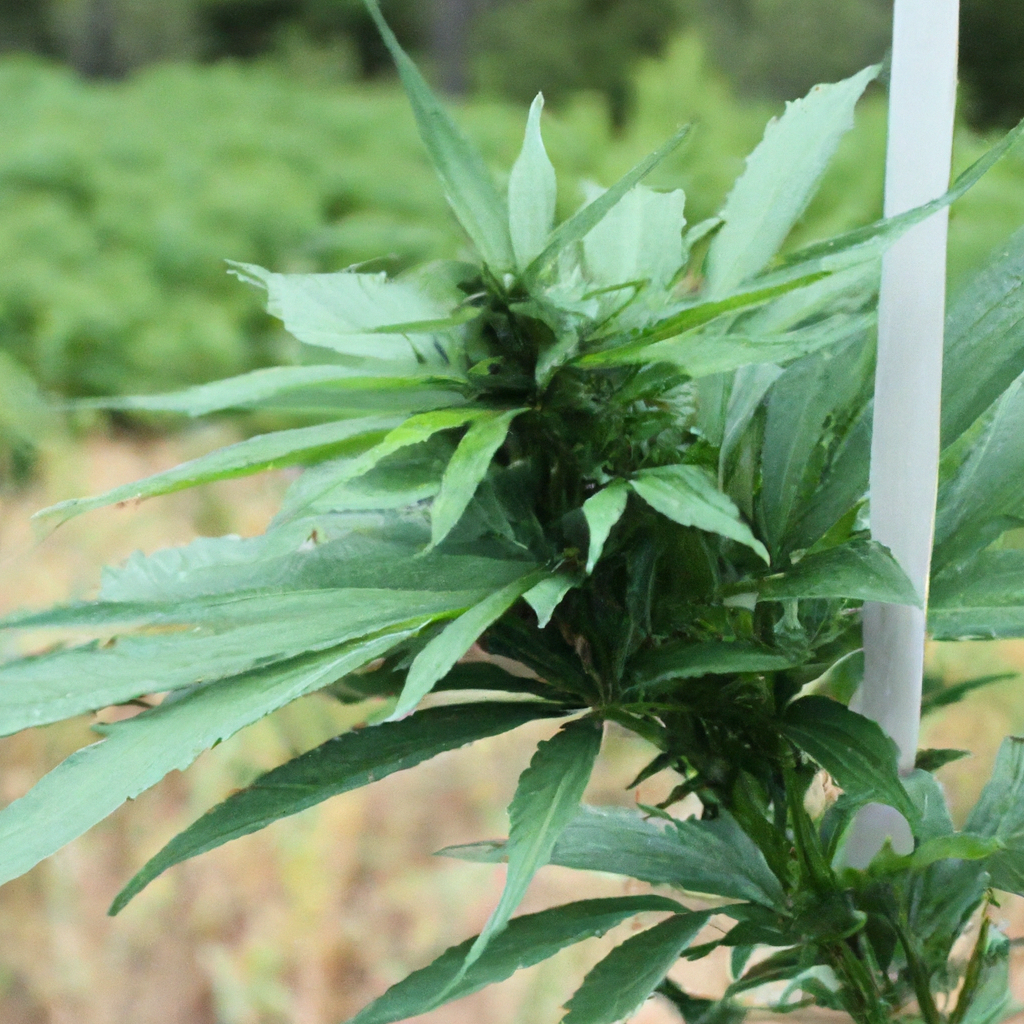
Organic cannabis cultivation focuses on achieving pure and sustainable growth by leveraging natural practices, which benefit both the plants and the ecosystem. Key strategies include developing nutrient-rich soil through composting, cover crops, and crop rotation; using natural fertilizers like bone meal, fish emulsion, and seaweed extract; and employing eco-friendly pest control methods, such as companion…
Organic cannabis cultivation enhances product quality while being environmentally sustainable by using natural fertilizers, composting, and holistic pest control practices. Key strategies include using compost tea, animal-based fertilizers, and bone and blood meals for nutrient-rich soil, along with cover crops and mulching to build a robust ecosystem. Natural pest control uses companion planting, neem oil,…
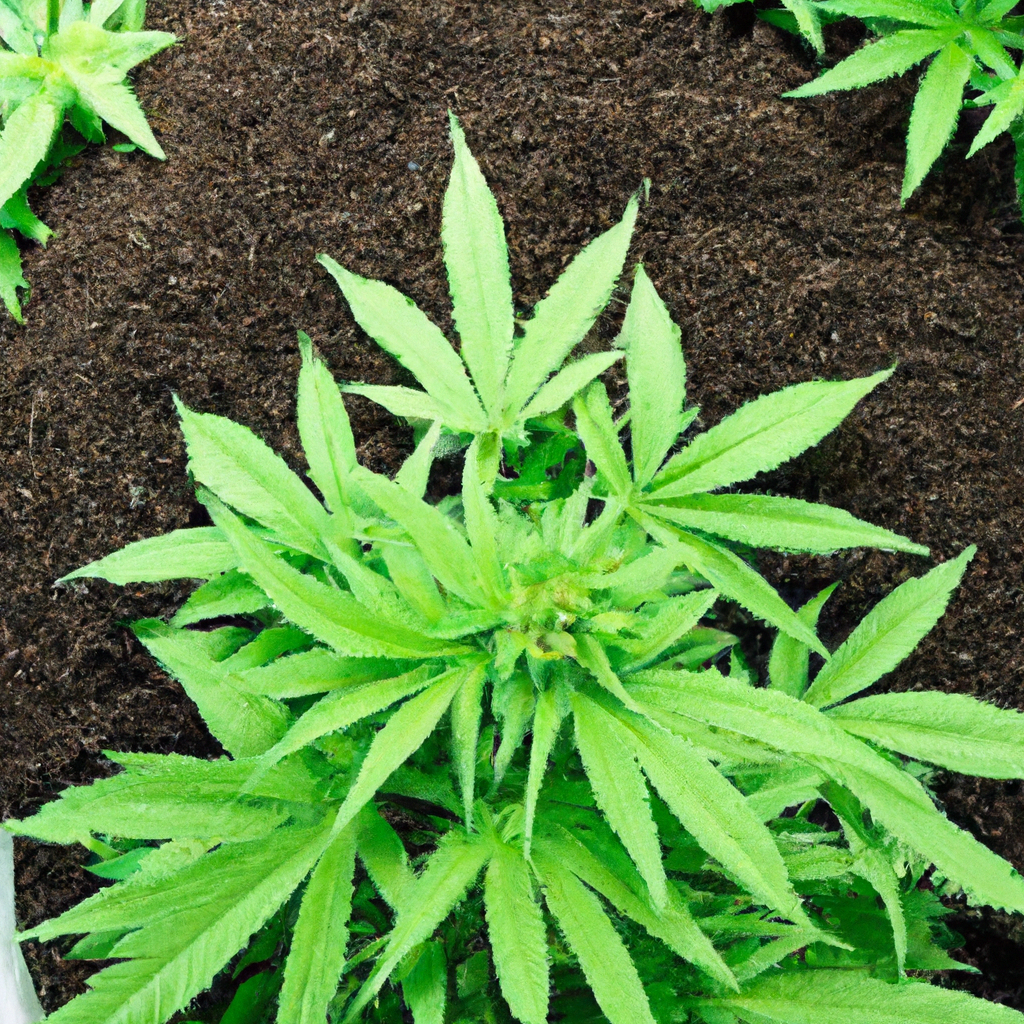
Organic cannabis cultivation is gaining popularity among environmentally conscious growers due to its sustainable approach using natural fertilizers and earth-friendly pest management. Organic fertilizers from natural sources offer numerous benefits, such as slow nutrient release, improved soil structure, and boosted microbial activity. Composting garden and kitchen waste is an excellent method to enrich cannabis plants,…
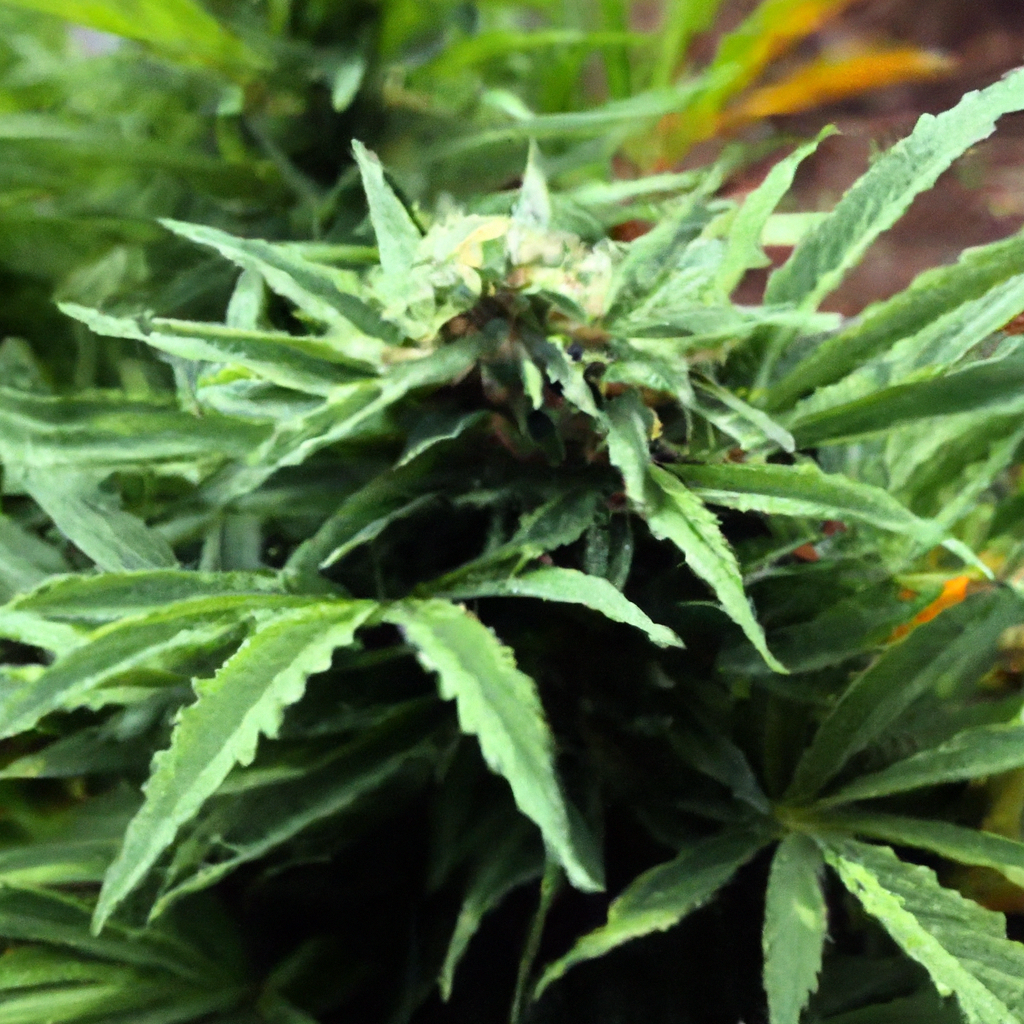
Organic cannabis cultivation has emerged as a sustainable lifestyle choice, emphasizing soil health, natural fertilizers, and eco-friendly pest management. Key practices include enriching soil with compost, using cover crops, and applying organic mulch. Natural fertilizers like fish emulsion and seaweed extracts promote plant growth without chemicals. Integrated Pest Management utilizes companion planting and beneficial insects…
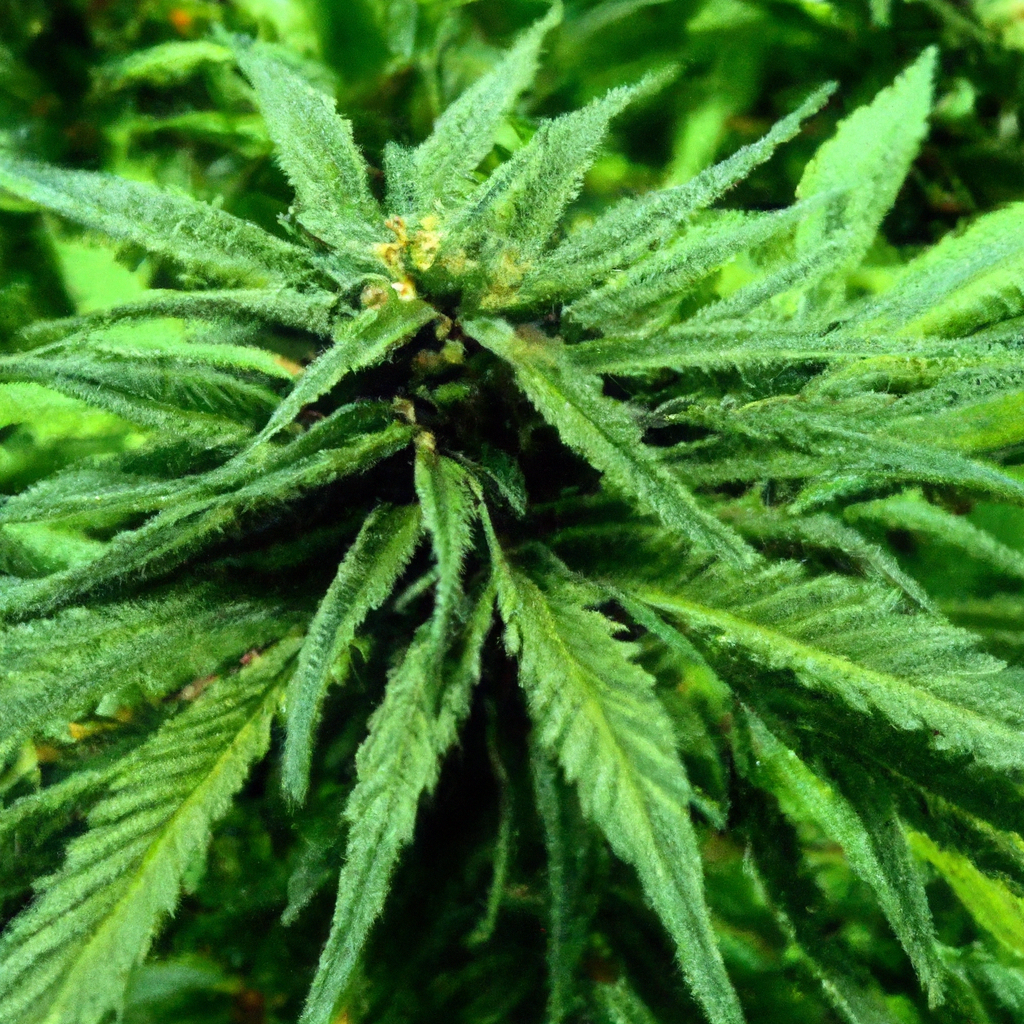
Embracing organic cannabis cultivation benefits the environment and produces cleaner, healthier plants. By building robust soil ecosystems using composting, cover crops, and promoting mycorrhizal fungi growth, growers enhance soil fertility naturally. Avoiding synthetic chemicals in favor of natural fertilizers, compost teas, and neem oil helps maintain healthy soil ecosystems. Sustainable pest control through companion planting,…
Discover how organic cannabis cultivation benefits both growers and consumers through sustainable methods. Explore techniques for building healthy soil ecosystems, using natural fertilizers like bone meal and kelp, and managing pests with natural solutions such as companion planting and beneficial insects. Emphasize sustainability by conserving water, utilizing renewable energy, and recycling materials. Embrace organic practices…
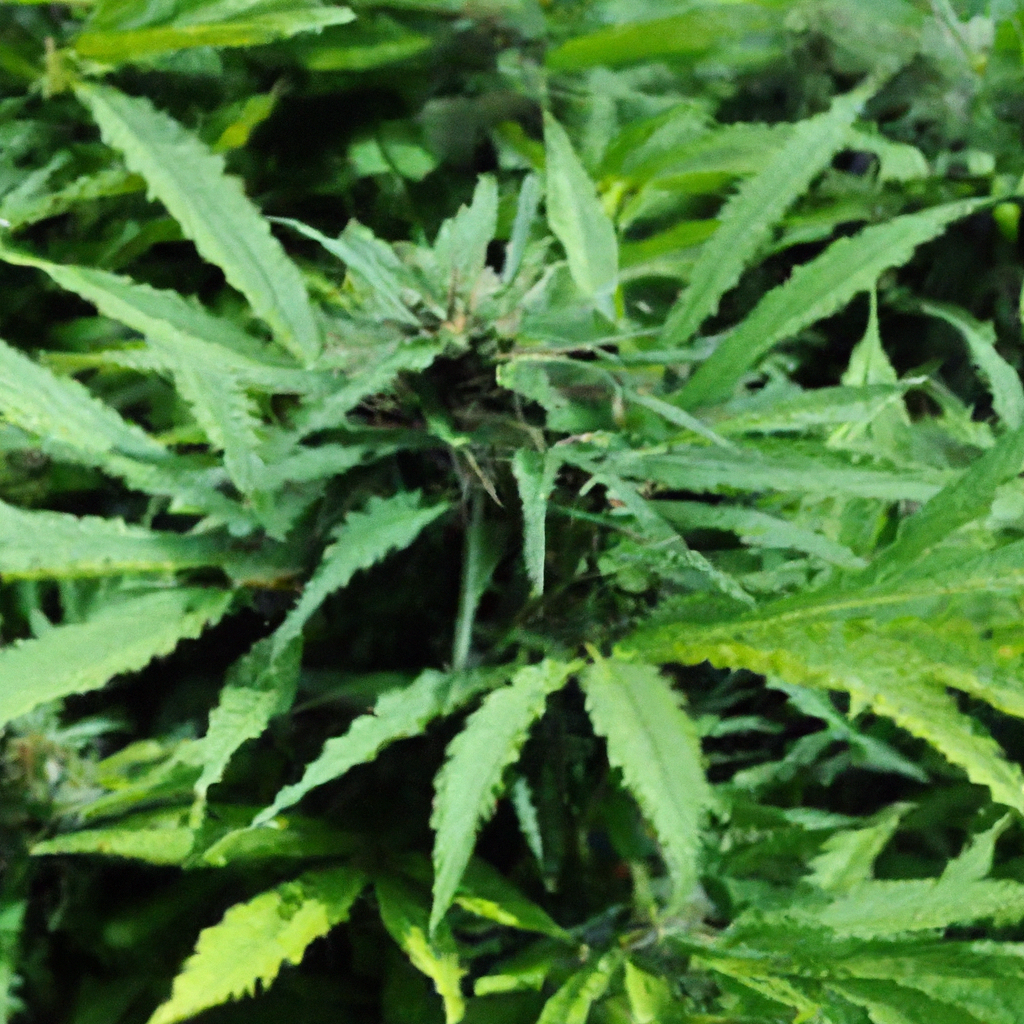
Organic cannabis cultivation is a commitment to quality and sustainability, focusing on nurturing plants with natural fertilizers, composting, and eco-friendly pest control. Key practices include building a healthy soil ecosystem with organic matter, promoting microbial life, and avoiding synthetic chemicals in favor of natural alternatives like fish emulsions and rock phosphate. Managing pests naturally through…
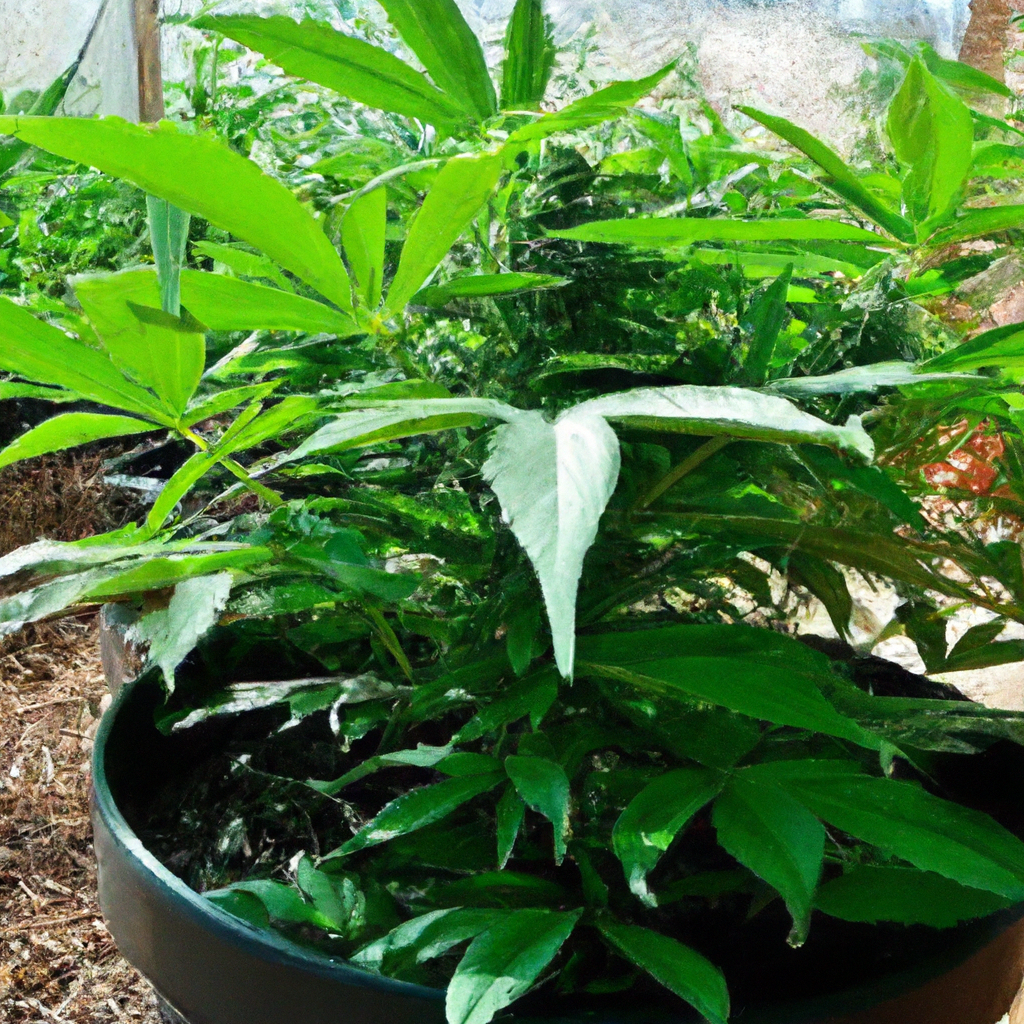
Organic cannabis cultivation involves sustainable practices that benefit the environment and consumers. Key practices include enriching soil ecosystems through composting and cover crops, using natural fertilizers like worm castings and fish emulsion, and managing pests with companion planting and neem oil. These methods reduce chemical runoff, enhance soil biodiversity, and produce cleaner, more flavorful cannabis…
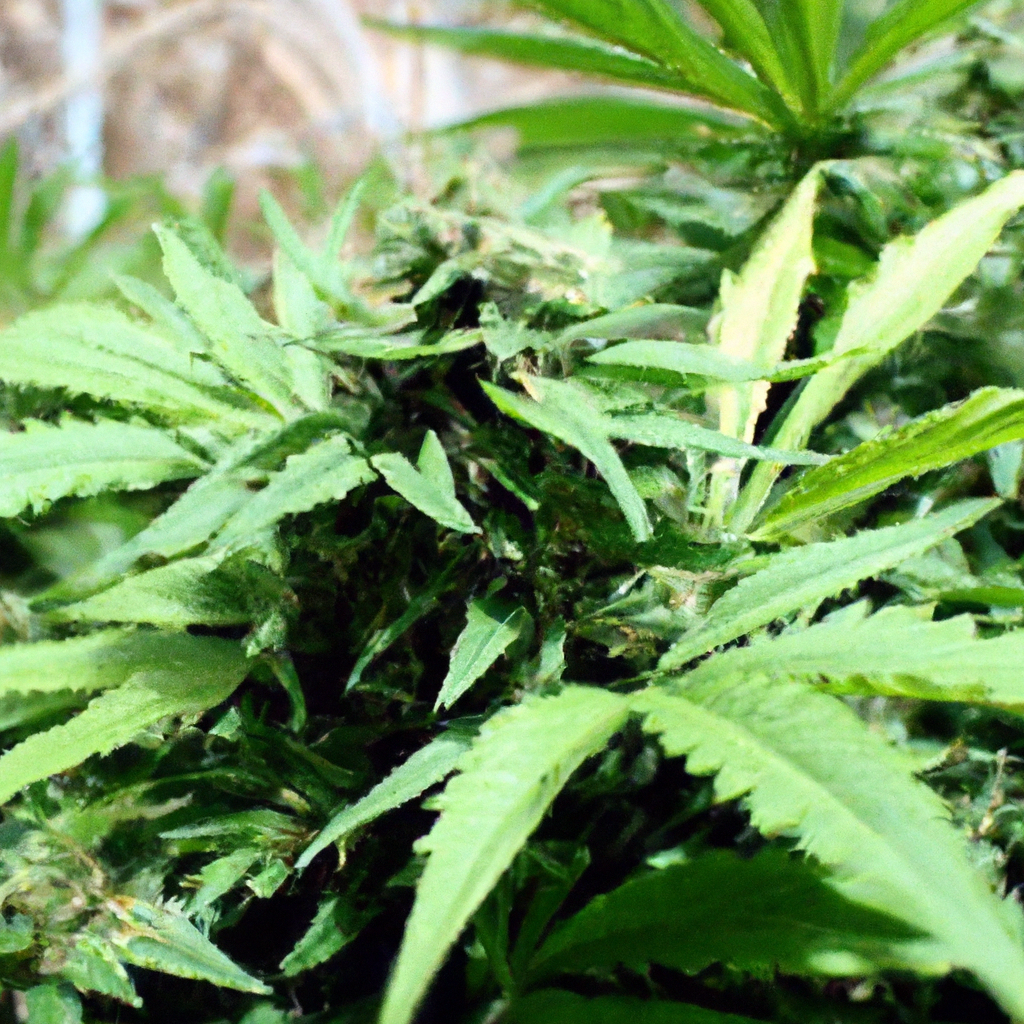
Creating a flourishing organic cannabis garden blends art with science, prioritizing plant health, environmental sustainability, and consumer safety. This article explores organic cultivation best practices, including using natural fertilizers, composting, and eco-friendly pest controls. Key strategies involve enriching soil with compost and cover crops, using organic fertilizers like bone meal and fish emulsion, and managing…
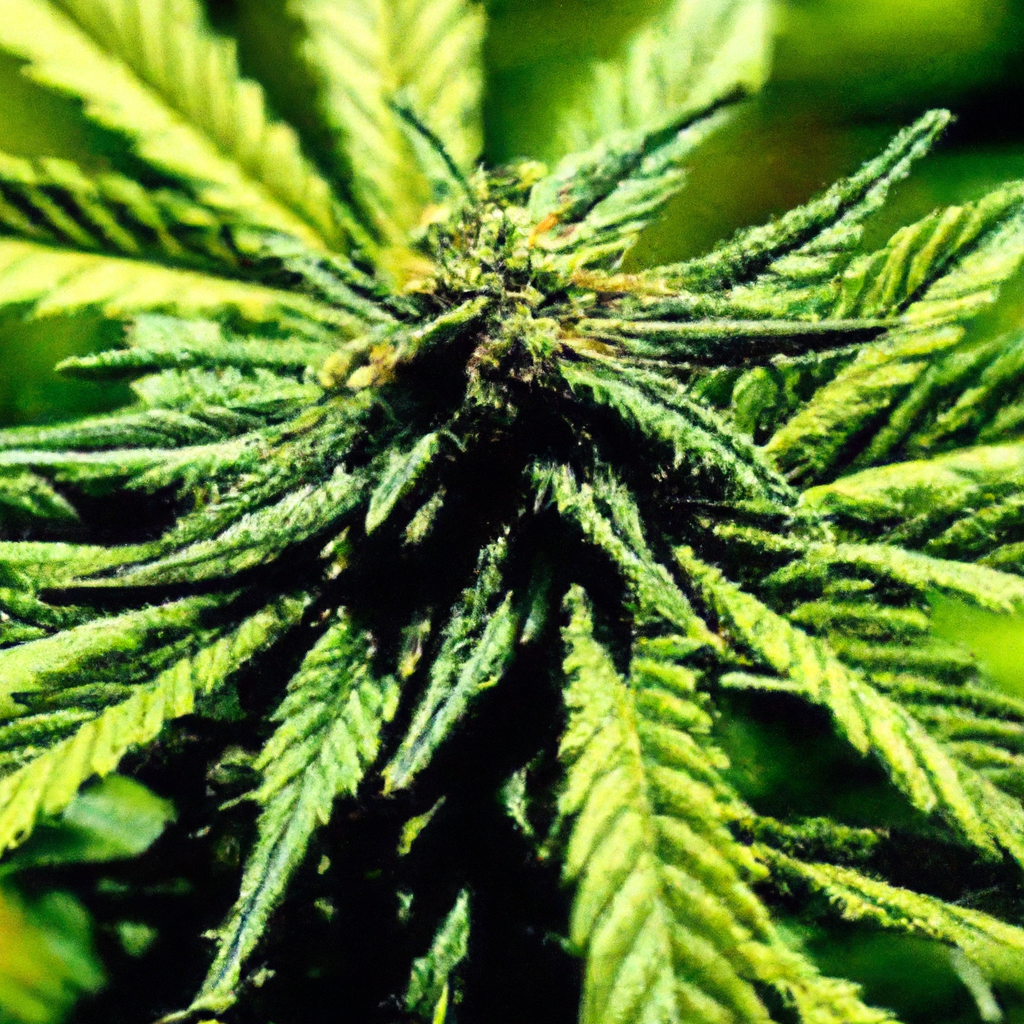
Organic cannabis cultivation offers significant benefits for both the environment and the quality of the cannabis consumed. By developing a healthy soil ecosystem, using natural fertilizers, and implementing organic pest control methods, growers can produce cannabis that is free from synthetic chemicals and more environmentally sustainable. This approach not only protects local ecosystems but also…
